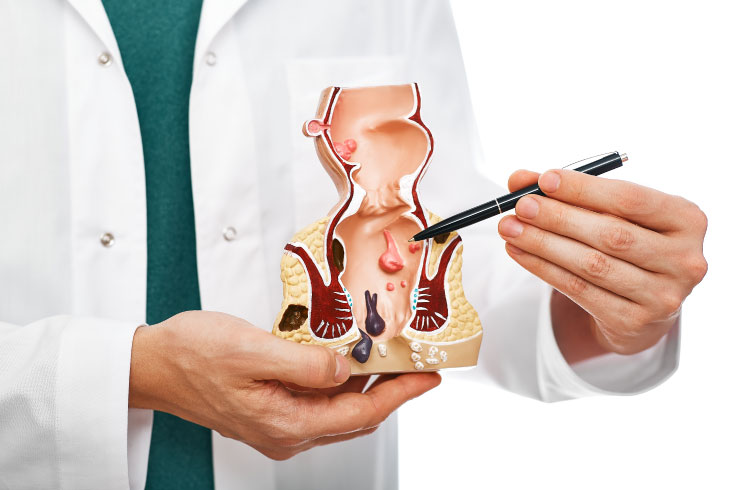Understanding Anal Incontinence: Causes, Symptoms, and Management
Anal incontinence, also known as fecal incontinence, is the inability to control bowel movements, leading to the unintentional loss of stool or gas. This condition can be emotionally distressing and physically uncomfortable, often affecting a person’s quality of life and confidence. Anal incontinence may range from occasional leakage of stool while passing gas to a complete loss of bowel control. It can result from a variety of causes, including damage to the anal sphincter muscles (often due to childbirth or surgery), nerve injuries, chronic constipation, rectal prolapse, or neurological disorders such as diabetes, multiple sclerosis, or spinal cord injuries. It is more common among older adults, women who have had multiple vaginal deliveries, and individuals with chronic medical conditions affecting the gastrointestinal or nervous systems.
Symptoms may include the inability to postpone the urge to defecate, leakage of stool or mucus from the rectum, and frequent episodes of soiling. Some patients may also experience urgency, bloating, or discomfort. The condition can be either urge incontinence (an overwhelming need to defecate before reaching the toilet) or passive incontinence (involuntary leakage without any sensation). Diagnosis is made through a thorough medical history, physical examination, and specialized tests such as anorectal manometry, endorectal ultrasound, or MRI to assess sphincter function and structure. Treatment depends on the underlying cause and severity. Conservative measures include dietary changes (high-fiber diet to form solid stools), pelvic floor exercises (Kegels), biofeedback therapy, and the use of anti-diarrheal medications. For patients with muscle or nerve damage, surgical interventions like sphincter repair, sacral nerve stimulation, or graciloplasty may be recommended. In severe or unresponsive cases, a colostomy might be considered. Early diagnosis, a supportive care plan, and multidisciplinary management can significantly improve symptoms and quality of life. Anal incontinence is treatable, and with the right approach, many patients regain control, confidence, and the ability to live without embarrassment.

